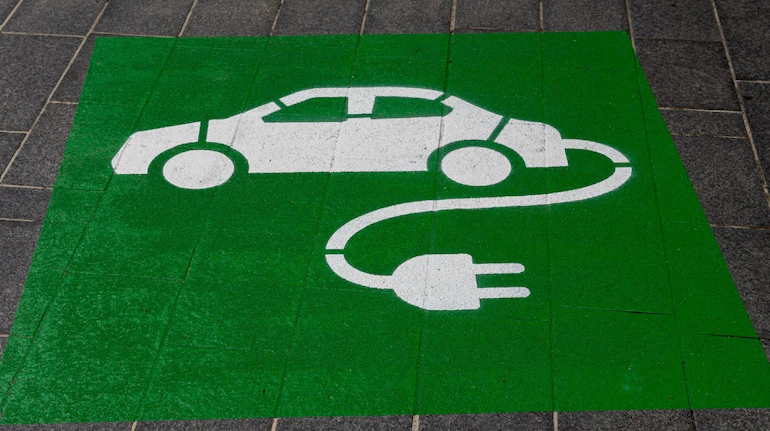
New Delhi: Government thinks tank Niti Aayog on Thursday came out with a draft battery swapping policy for electric vehicles and suggested incentives as well as a rigorous testing protocol for swappable batteries.
The draft policy also comes at a time when there are rising concerns over safety issues around electric vehicles in the wake of multiple instances of such vehicles catching fire.
Read more: https://www.niti.gov.in/
The Aayog in its draft policy further said all major cities, such as State capitals, UT headquarters, and cities with populations above 5 lakh, will be covered under the second phase, given the importance of the two-wheeler and three-wheeler vehicle segments in growing cities.

The policy seeks a level playing field across business models involving the sale of EVS ping stations with fixed or swappable batteries.
The draft policy also proposes that demand-side incentives offered under existing or new schemes for EV purchase can be made available to EVS with swappable batteries eligible under this policy. "The size of the incentive could be determined based on the kWh rating of the battery and compatible EV" it suggested.
As per the draft policy, an appropriate multiplier may be applied to the subsidy-allocated battery providers to account for the floating battery requirements for battery swapping stations.
It is also proposed that a seamless mechanism for the disbursement of subsidies shall be worked out by the ministry or department concerned, the draft policy stated.
To ensure a high level of protection at the electrical interface, Aayog proposed that a robust/rigorous testing protocol shall be adopted to avoid any dielectric breakdown, phenomenon, or any unwanted temperature rise at p the electrical interface.
The draft policy noted that Electric Vehicle Supply Equipment (EVSE) used at the swapping station must be tested and approved by the National Accreditation Board for Testing and Calibration Laboratories (NABL) or an agency appointed by the central nodal agency for battery swapping.
"For safety during operation of the charging infrastructure, the operator must follow the guidelines and protocols of DISCOMS/CEA (Central Electricity Authority)," it said.
Regarding issues related to grievance redressal and compensation, Aayog proposed that in case complaints are registered by EV owners, the battery provider may be asked by the appropriate authority to return the demand incentive given to it under the applicable scheme.
The Battery Management System (BMS) must be self-certified and open for testing to check its compatibility with various systems, and capability to meet safety requirements, it said.
The draft pointed out that as per the current Goods and Services Tax (GST) regime, the tax rates on lithium-ion batteries and EVSE are 18 percent and 5 percent, respectively. "The GST Council, the decision-making body on GST provisions, may consider reducing the differential across the two tax rates," it suggested.
Source-PTI